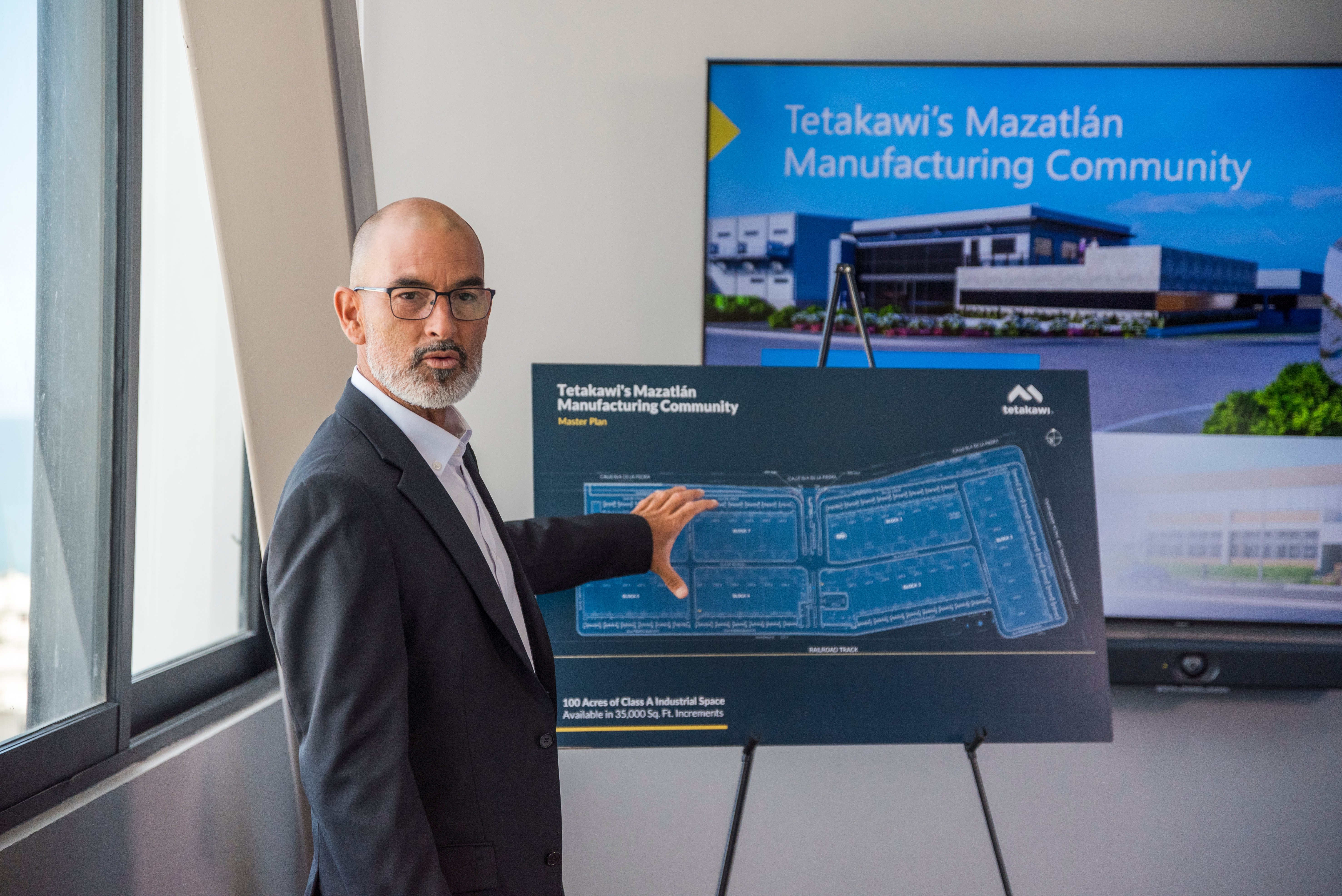Quebec's labor shortage may predate the COVID-19 pandemic, but it has reached near-crisis levels in the year since the pandemic's onset. The province has led Canada in job vacancies, having more than doubled the number of vacancies to fill from 2016 to 2019, from 65,000 to 137,000. In the first quarter of 2021, the manufacturing sector alone had more than 20,000 job vacancies to fill. Further upstream, technical training institutions such as the École Nationale d'aérotechnique and the Polytechnique Montréal are likewise struggling to recruit prospective students to fill this manufacturing labor gap.
As a result of this high demand for employees, workers are demanding increasingly higher wages and more competitive benefits, making it difficult for businesses to compete. The Conseil du patronat du Québec (CPQ), Quebec's largest employment association, notes that this lack of a manufacturing workforce prevents business growth, costs companies contracts, hinders operations and innovation, and slows exports' growth.
Not all Quebec-based manufacturers are facing these same challenges, however. Those that already have factories in Mexico are finding they can better balance the need for manufacturing labor with cost-effective operation.
Mexico's manufacturing labor advantage
The Institut de la Statistique du Québec notes that Quebec's population increased by 1.29% in 2019, the most significant increase since it began tracking this data in 1972. However, much of this anomaly is attributed to the rise in non-permanent residents. By 2020, the pandemic had led to a dramatic decrease in immigration and an uptick in deaths that pushed these numbers down once again. The Institut notes that the percentage of the population aged 65 and older continues to increase. In contrast, individuals aged 20 to 64 continues to decline, creating an imbalance in the number of workers available to offset those retiring. It's a trend that will only exacerbate the employment challenges in Quebec.
The single most significant advantage that Mexico offers is steady population growth with demand for manufacturing employment. While there is naturally some variation across states, Mexico's population overall is increasing at a rate of 1% annually and is projected to continue to increase for the next several decades. Overall, experts project the number of incoming workers easily offsets those retiring, providing long-term stability for companies investing in Mexico that simply isn't available in many other manufacturing-focused countries today. By 2030, data suggests that the median age in Mexico will rise from 28 to 32 years old. The median age in Québec by comparison is expected to exceed 43 years by the year 2030.
The other part of the picture is the appeal of manufacturing as an employment opportunity. Mexico has invested heavily in manufacturing-focused technical training at the university and vocational level. In fact, engineering degrees, including industrial, mechanical, electronic, and technological engineering, are among the most popular degree choices for graduates. Industrial employment, including jobs at factories in Mexico, account for about 26% of employment in Mexico.
There's also a compelling case to be made in terms of wages. Quebec's 2021 wage increase set the minimum wage at $13.50 CAD. Comparing to Mexico's 2021 daily minimum wage of $141.70 pesos (approximately $9.01 CAD per day, generally amounting to an hourly rate near $1.30 CAD) sets the bar for comparing costs. However, costs tend to be much more competitive for in-demand factory workers.
Here is a breakdown between wages in Mexico vs Quebec:
|
Position |
Average Annual Salary in Canada (in CAD) |
Average Annual Salary in Mexico (in CAD) |
|
Assembly Foreman |
$38,200 |
$7,272 |
|
Assembly Line Worker |
$34,500 |
$6,828 |
|
Assembly Supervisor |
$53,600 |
$10,368 |
|
CNC Machinist |
$84,700 |
$15,408 |
|
CNC Operator |
$82,700 |
$15,324 |
|
CNC Programmer |
$88,500 |
$17,316 |
|
Factory Worker |
$39,300 |
$8,004 |
Source: Salary Explorer
Addressing concerns about Mexico
Companies that haven't already made a move to Mexico are often held back by a few preconceived concerns about the ease of doing business here. The most common questions include:
- Does moving to Mexico hurt Quebec businesses? Cost-effective manufacturing in Mexico builds up the overall competitiveness of Quebec-based companies, which can reinvest profits in their headquarter operations. Not only does a Mexican operation provide low-cost, sustainable manufacturing, but studies have also shown that for every dollar spent in Mexico, as much as $0.70 ends up with other USMCA partners, including Québec. Compare this to China, where the number falls as low as $0.04. Finally, the biggest concern is often a loss of local employment opportunities. However, if there are no people to fill the positions, then a loss of employment is not a concern; sustaining and growing the business is. Mexico can fill that gap.
- Is it safe? As in any country, crime can be a risk in Mexico. Research indicates that violence in Mexico has climbed in recent years. However, it is a key distinction that much of this violence results from inter-gang fighting over drug markets. Violence against citizens not in the drug trade is comparatively low. Thousands of manufacturers safely operate in Mexico by considering their location carefully and taking standard precautions. Because gang-related violence tends to be more prevalent at the border, many companies find operations in central Mexico or a few hours' drive south of the border to be safer. Many companies also opt to operate within Industrial Parks in Mexico that offer security precautions such as gated entry points or surveillance cameras that protect their manufacturing laborers. Violence against foreign nationals is very rare, particularly outside the border zone.
- Will my intellectual property be protected? Mexico has had some form of intellectual property (IP) protection in place since the early 1800s and continues to update its protections regularly. Recent updates work to protect emerging industries, such as biomedical production and digital IP. IP protection is covered under Mexico's Law of Industrial Property and many of the international agreements to which Mexico is a party. Québecois companies manufacturing in Mexico, for example, would be covered by USMCA IP protections.
- Is there a skilled labor force available? While Mexico once had a reputation solely for providing cost-effective assembly, that has changed dramatically and presents an excellent counter to Quebec's labor shortage. Today, factories in Mexico employ a highly skilled workforce capable of producing complex parts for a range of industries, thanks to federal, state, and corporate investments in technical training. For example, Mexico has become known for having a workforce skilled in manufacturing small medical devices by hand, which requires a multiple-part assembly process easily found in Mexico's workforce. The country's fast-growing R&D and IT industries add to the skillsets available to support manufacturing industries. Many companies find they can add excellent technical and engineering resources to their staff in Mexico, in addition to assembly and production workers.
- Is communication a challenge? By and large, Quebec-based executives and their Mexican direct workforce will find English to be a common language. A bilingual plant manager speaking both English and Spanish is readily available and can help to bridge language gaps with indirect reports and unskilled staff who are likely to speak Spanish only. While there are differences in business culture, most Canadian executives generally find it simple to navigate business culture in Mexico.
Steps to expand into Mexico
There is no single right approach to launching a factory in Mexico. Still, most foreign investors find that working with an experienced shelter service provider affords them the fastest, most straightforward path to launch. Under Mexico's shelter service program, the shelter company serves as the legal entity of record in Mexico, taking on the bureaucratic and administrative tasks behind the start-up. Shelter service providers can also support many administrative and legal duties related to operating a business, while the foreign company focuses on manufacturing.
For more than 30 years, Tetakawi has been helping Canadian businesses tailor their approach to launch in Mexico, from site selection and cost analysis to full administrative support. If you're ready to learn more about how operating in Mexico could work for you, contact us today.
Subscribe
Sign up and stay informed with tips, updates, and best practices for manufacturing in Mexico.




.jpg)
